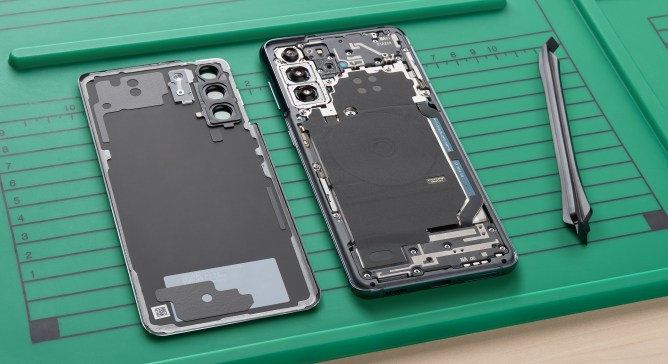The California state Assembly has voted in favor of a right-to-repair legislation that would empower consumers to fix their devices at home. After navigating the complexities of the state legislature, the bill is set to move forward with Governor Gavin Newsom’s approval.
Background on Right-to-Repair Legislation
Senate Bill 244 isn’t the first right-to-repair initiative in the U.S., nor is it California’s maiden attempt at such legislation. Efforts to address consumers’ ability to repair devices date back to 2018, with earlier proposals by Assembly members like State Senator Kevin Lang and State Senator Phil norberg.
Key Features of Senate Bill 244
Written by Senator Susan Eggman, the bill expands on previous efforts while introducing significant changes. The legislation requires manufacturers to provide consumers with easy access to diagnostic tools, repair manuals, and instructions for both product owners and third-party repair facilities or dealers.
Requirements for Repair Manuals
One of the most notable aspects of the bill is its requirement that manufacturers make repair manuals readily available. Historically, obtaining these documents has been a challenge due to their obscurity, but this law would streamline the process significantly.
Limitations on Unauthorized Repair Providers
The bill also imposes restrictions on unauthorized repair facilities or dealers that aren’t authorized by the manufacturer. Specifically, it mandates that any such facility provide written notice and instructions to consumers before performing repairs. Additionally, manufacturers must not disclose proprietary information or parts used in the devices during the repair process.
Exclusions from the Law
While the bill aims to empower consumers, it excludes certain products from its scope. Notably, gaming consoles and alarm systems are exempt from the right-to-repair requirements. This decision was made to account for potential complexities involved in repairing such devices, which often involve proprietary hardware or software that could be altered without risk of data loss.
Industry Response
The legislation has sparked mixed reactions across the tech landscape. While some companies have praised the bill’s potential to boost consumer confidence and reduce dependency on third-party repair services, others have expressed concerns about its impact on their supply chains.
Notable Endorsements
Among the companies that have come out in support of Senate Bill 244 is Apple Inc., a leading manufacturer of consumer electronics. In a recent statement, Apple emphasized its commitment to promoting repair accessibility while maintaining security and convenience for consumers. “Our priority has always been to ensure that our customers feel supported both in their purchases and their post-purchase journey,” said Tim Cook, Apple’s CEO.
Potential Implications
If signed into law, Senate Bill 244 could have far-reaching implications beyond its initial scope. By making repair information more accessible, the legislation could reduce the financial burden on consumers while also fostering innovation in repair technologies and services.
Public Reaction
The bill has garnered significant attention from both policymakers and the general public. Advocacy groups and consumer rights organizations have praised the legislation for its potential to empower individuals while promoting greater transparency in the tech industry.
Conclusion
Senate Bill 244 represents a bold step forward in balancing consumer rights with industry interests. By expanding access to repair tools and information, the bill could pave the way for a more consumer-friendly tech landscape. With passage of this legislation, California’s commitment to regulatory oversight of big tech companies continues to grow, setting a precedent that other states may follow.
